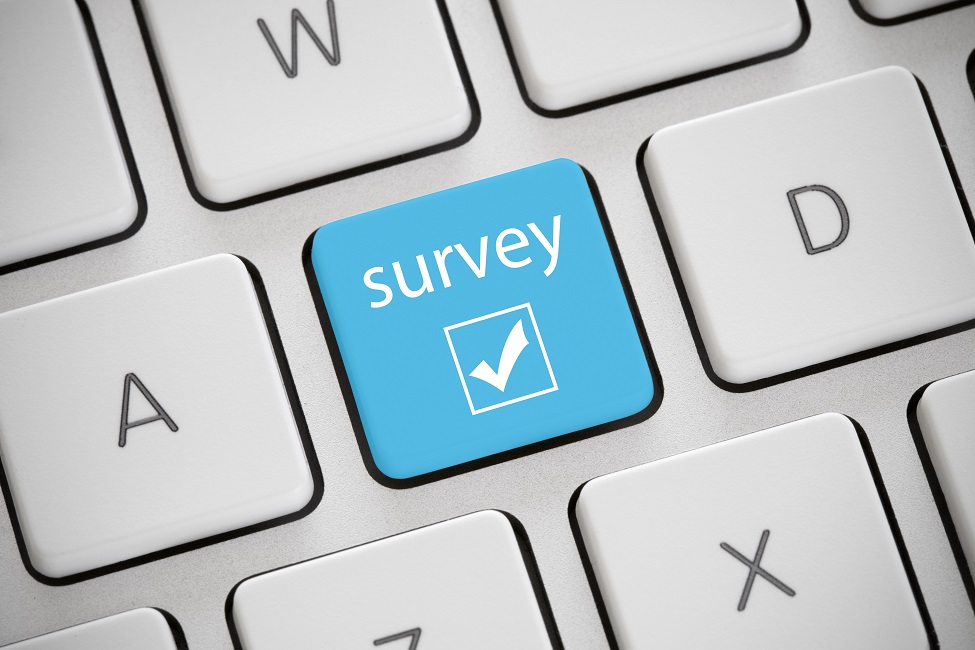Facebook Study Reveals COVID-19 Compliance and Coping Behaviors

A study led by Michael A. DeDonno, Ph.D., an assistant professor at Florida Atlantic University’s College of Education and Schmidt College of Medicine, in collaboration with Joy Longo, Ph.D., associate professor and assistant dean of graduate practice programs in FAU’s Christine E. Lynn College of Nursing, Ximena Levy, M.D., M.P.H., director, clinical research unit, FAU’s Division of Research, and Dan Morris, Ph.D., FAU’s College of Education, explored compliance and coping strategy behaviors of Florida residents due to the coronavirus disease (COVID-19). For the study, 719 members of the Facebook group, “Florida Coronavirus Updates and Information,” completed an online survey that assessed COVID-19 experience, behavior compliance, coping strategies, and feelings about staying at home.
“The objective of this study was to provide empirical evidence for various aspects of the COVID-19 pandemic and to obtain important information about social, emotional and behavioral factors associated with the pandemic,” said DeDonno. “Results from this survey and other surveys we plan to conduct could provide valuable information to assist policy makers on effective decision-making. In addition, depending on the length and time of social isolation, it may become appropriate to explore the influence of COVID-19 on depression, anxiety and stress.”
Results of the COVID-19 experience showed that 32 percent (232) of the sample reported having respiratory like symptoms in the last three months. Four percent (28) were tested for COVID-19; four of them tested positive. Fifty-five percent (392) of the sample felt that they were unlikely to get COVID-19, 42 percent (301) reported that if they did get COVID-19, it would be serious or very serious.
Researchers asked six questions to assess behavioral compliance, which included staying at home, not socializing, practicing social distancing in public, minimizing going out in public, washing hands when coming in from the public, and wearing a mask in public when social distancing would be difficult.
Results of compliance behavior showed that:
- About 95 percent of the sample consistently felt that washing hands, social distancing, not touching the face, wearing a mask in public, staying home with symptoms, and staying home with no symptoms would decrease the spread of COVID-19;
- About 70 to 80 percent were very serious about staying at home, not socializing, practicing social distancing, and minimizing trips;
- About 85 percent always wash their hands when coming in from the public, while 72 percent consistently wear a mask in public where social distancing is difficult.
To explore coping strategies related to COVID-19, participants completed the self-reporting Brief COPE, which assesses various coping strategies such as denial, self-distraction, substance use, venting, humor, religion, and using emotional support. Results showed that participants often used self-distraction, active coping, positive reframing, planning, and acceptance to cope. They seldom used instrumental support, venting, humor, religion or emotional support. They never used denial, self-blame, behavioral disengagement or substance use to cope with the pandemic.
The researchers also asked participants to respond to questions related to positive and negative aspects of staying at home. Questions included activities such as the need to cook meals, being home more, spending more time with those they live with, reduced driving, and not being able to visit friends and family. Results revealed that:
- Fourteen percent felt cooking meals was a negative aspect of staying at home; 28 percent felt neutral about cooking meals, 58 percent viewed cooking meals as a positive aspect of staying at home;
- Twenty-three percent felt that being home more was a negative aspect of staying at home; 17 percent felt neutral about being home more, 60 percent viewed being home more as a positive aspect of staying at home;
- Eight percent felt spending more time with those they live with was a negative aspect of staying at home; 21 percent felt neutral about spending more time with those they live with, 71 percent viewed spending more time with those they live with as a positive aspect of staying at home;
- Twelve percent felt not driving as much was a negative aspect of staying at home; 23 percent felt neutral about not driving as much, 65 percent viewed not driving as much as a positive aspect of staying at home;
- Seventy-five percent felt not being able to visit friends and family was a negative aspect of staying at home; 9 percent felt neutral about not being able to visit friends and family, 16 percent felt not being able to visit friends and family was a positive aspect of staying at home.
The sample included 663 females and 51 males. Sixty-one percent (437) of the sample self-identified as being married. Seventy-four percent had at least an associate’s degree, with 24 percent of the degrees being in the health care field. Thirty-five percent (248) of the participants identified employment in the travel and leisure field; 14 percent (98) in education, 13 percent (93) in health care, and the remaining participants were in a mix of employment fields.
-FAU-
Tags: education | research | community | medicine | coronavirus | faculty and staff | nursing